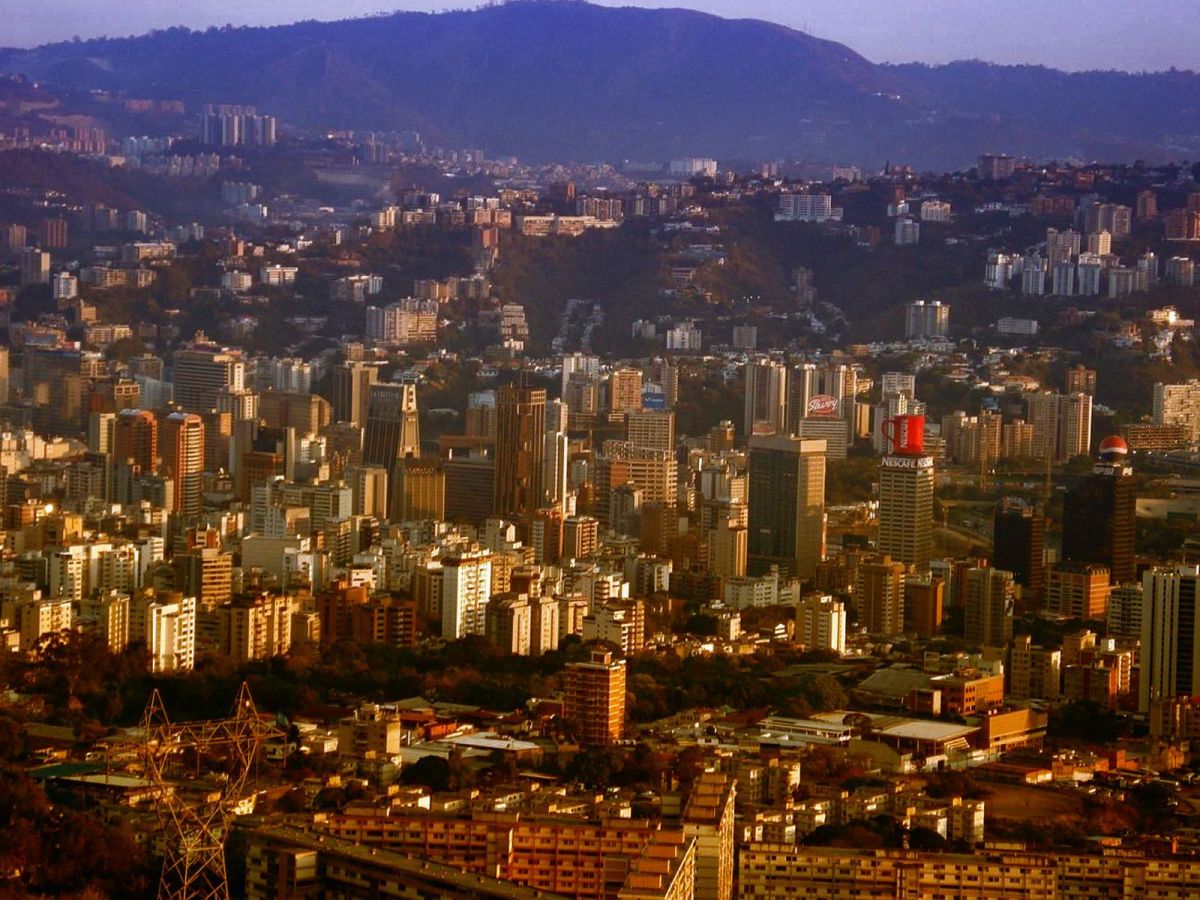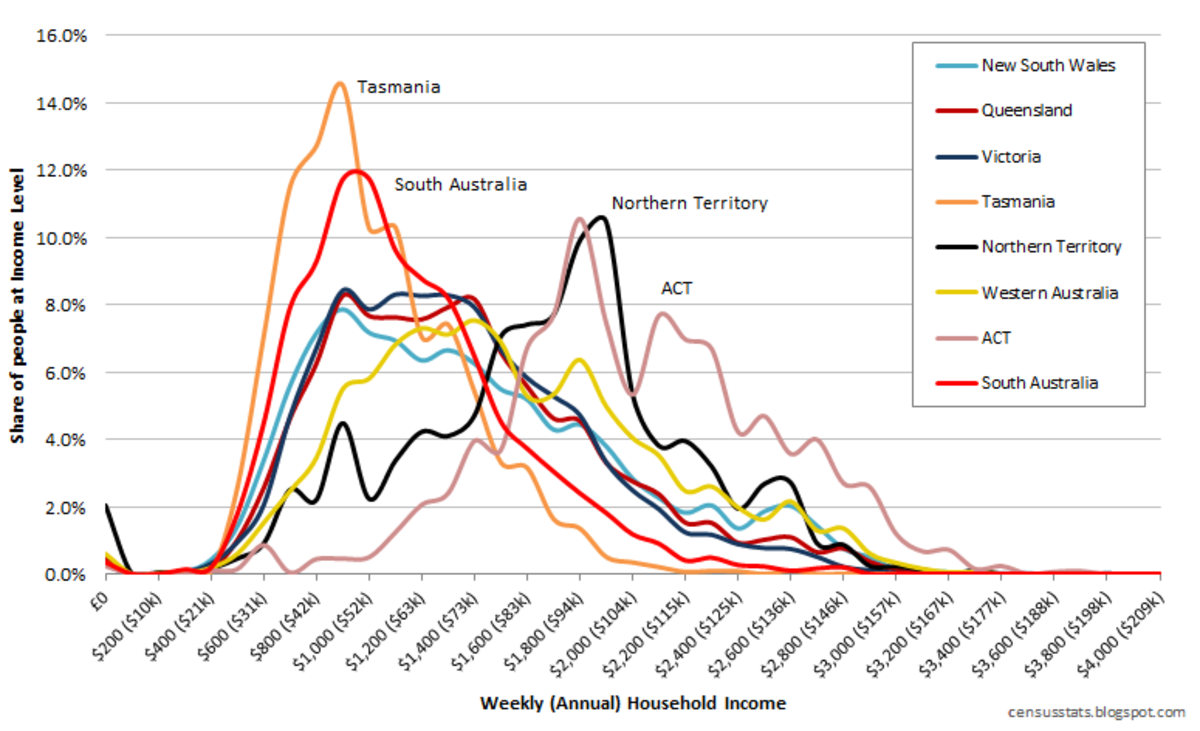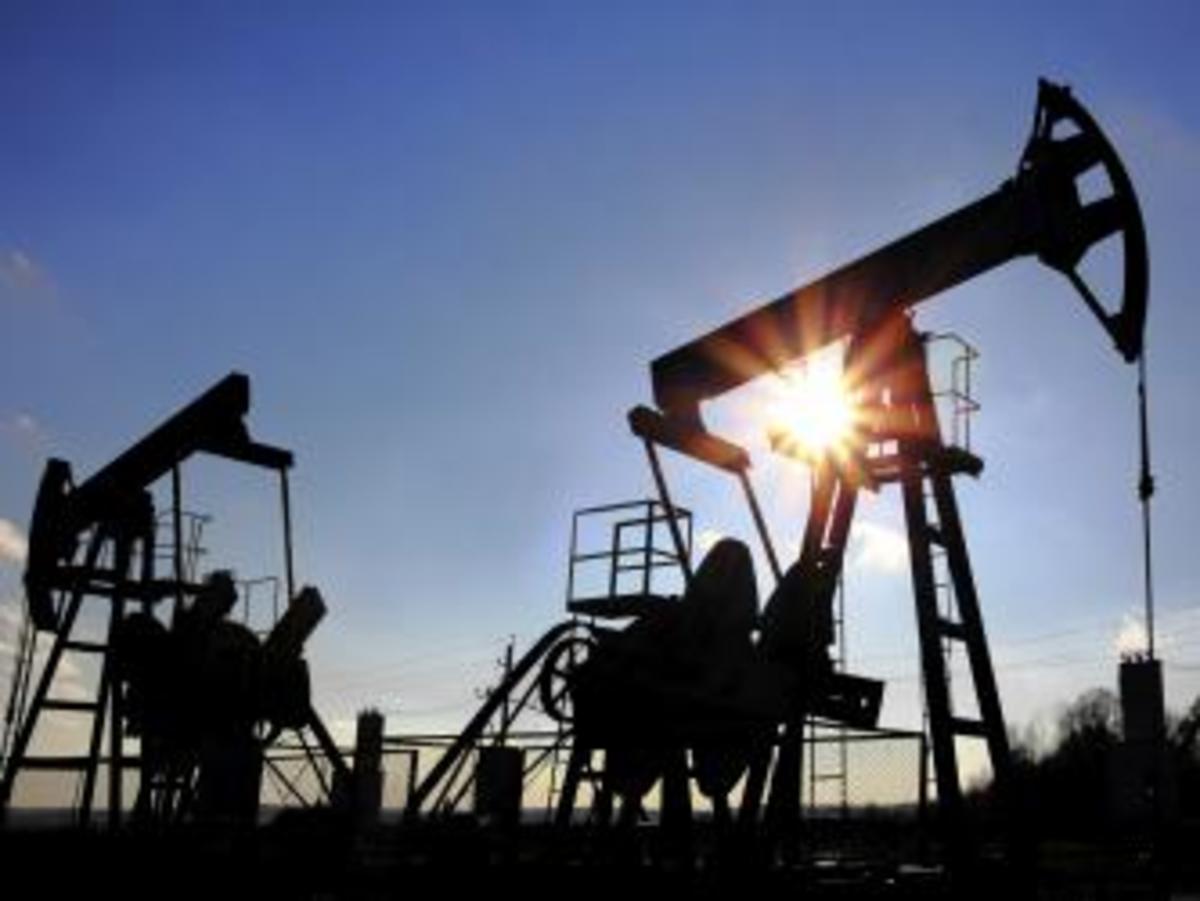The Democratic Economy
A system of polls and elections may someday become a means of stabilizing the economy.
Instability is the worst thing about any economic system. Inequality is certainly the most odious thing about economics, but inequality only means that rich and poor must occupy different social classes. Instability can bankrupt a rich man, as easily as it bankrupts a poor man. Instability is worse than inequality because instability effects rich and poor alike. The communists have tried to eliminate instability by creating a controlled economy. The controlled economy had to function according to rigid rules, prices of commodities were controlled by the central government, and to outlaw inflation, the communists decreed that prices shall stay the same, and wages shall stay the same. Nothing shall increase. Every worker will get exactly the same wage, with no raises, and all the things in the stores will be sold at exactly the same price, with no price increases. The socialist economy was considered to be a failure because of that stagnation. How ironic, stagnation replaced inflation.
In America, the problem was a profound instability, that hovered between inflation or recession, and the threat of depression was always lurking in the background. Americans spent more and saved less, because they felt they might not have any money tomorrow, so they might as well spend it today. We should be moving in two distinct directions, we should be moving towards a post-socialist economy and at the same time, we should also be moving towards a post-capitalist economy. We need to reject the mistakes of capitalism and communism and create an economic system that is based on democracy.
A democratic economy would be a practical manifestation of the 'supply and demand' principle. The supply and demand law is one of the basic laws of economics. It says that demand for a commodity is linked to the supply of that commodity. If people find that the product they want is in short supply, they will pay more for it, if the product they want is abundant, they will pay less for it, that's the essence of the supply and demand law. Now, suppose the price of a commodity was not regulated by the mob actions of shoppers frantically grabbing for merchandise in stores, and suppose it wasn't regulated by socialist central planning, either. Suppose people could vote to determine how much a product costs. That would be the beginnings of a democratic economy.
Capitalists will be content with mobs of people frantically grabbing merchandise in the stores, because that satisfies their vision of supply and demand. Communists will be content with socialist central planning because that satisfies their official ideology. If a shortage of goods affects all classes of people, then we must have achieved some sort of classless equality. But the consumer who is not content with the rigidity of communism or the uncertainty of capitalism will favor a democratic economy. In a democratic economy people will be permitted to vote, to determine the cost of products and services.
Let's take gasoline as an example, instead of having an election and saying 'should gasoline cost $6 per gallon?', we'd take a poll instead. The poll would require people to write how much they would be willing to spend for a gallon of gasoline. Some of these proposals would be too high or too low, for example, a millionaire might say he's willing to spend a hundred dollars for a gallon of gas, and a cheapskate might say he's willing to spend fifty cents for a gallon of gas. A hundred dollars is obviously too high and fifty cents is obviously too low, so the proposals would be averaged, and the mean, or 'median' price would become the official price. This median price level would fluctuate during good times and bad times, during times of prosperity, the median price level would go higher, and during times of belt-tightening, the median price level would go lower.
Median price levels for commodities such as gasoline, food, rent, and clothing would be established by polling, and the polls would be conducted on a continuous basis, perhaps four times a year. Prices for services such as health care would be established by popular vote. If the public polls produced a price structure that was unrealistic, a government price committee would have the right to veto the price that had been established by the polls. The members of the price control committee would be elected by popular vote, and the fact that they'd be elected (instead of appointed) adds another level of democratic safeguards. The veto would be voted upon, it would take a simple majority to veto a price. If a price was overturned by a veto, the people would have the opportunity to establish a new price, with another poll. A democratic economy would be the only fair economic system.
Anthony Ratkov, September 13,2012.








